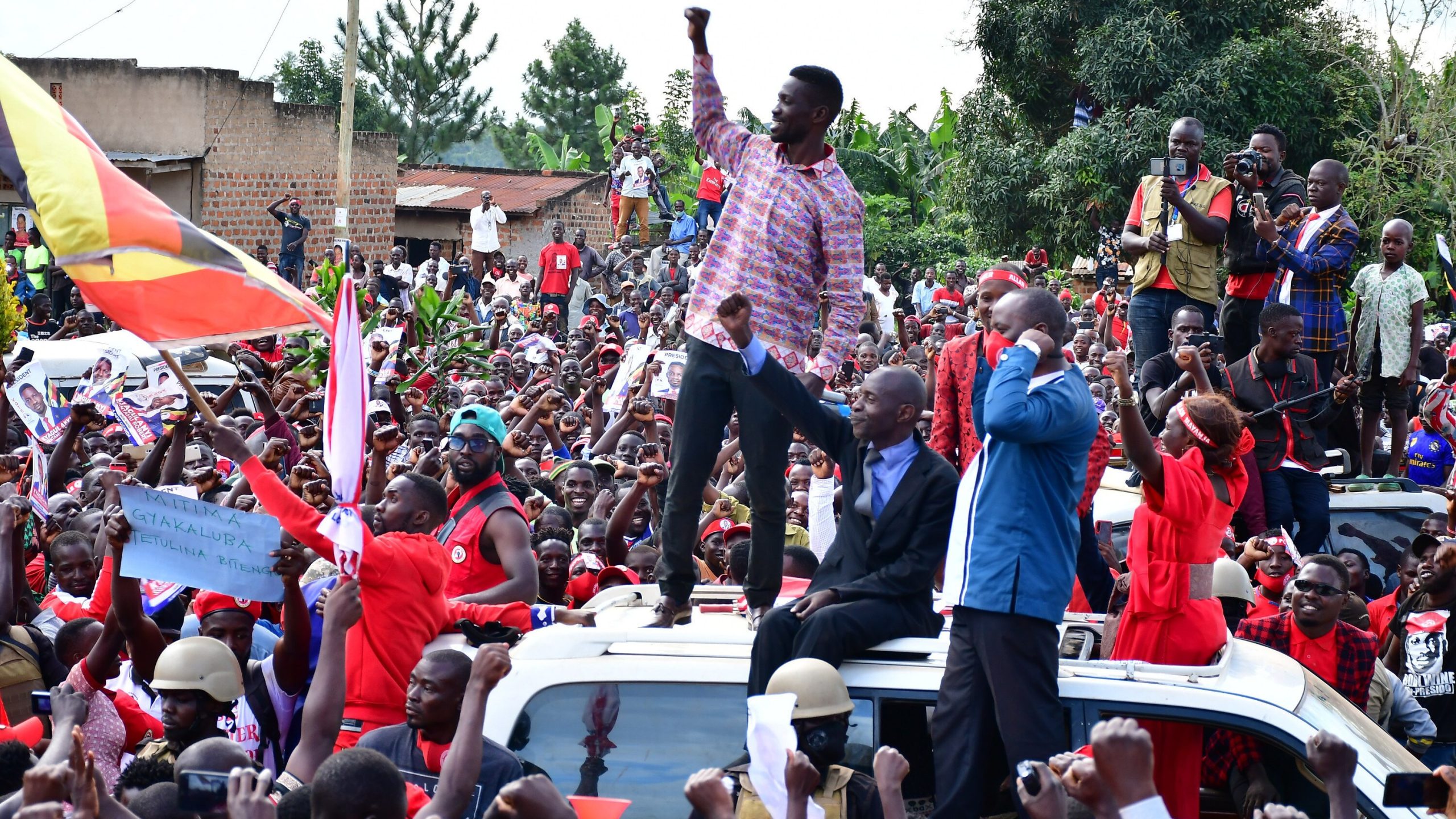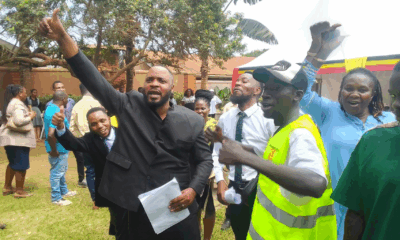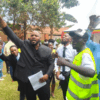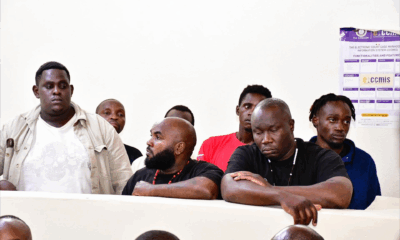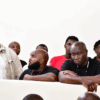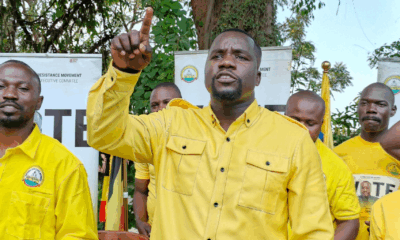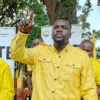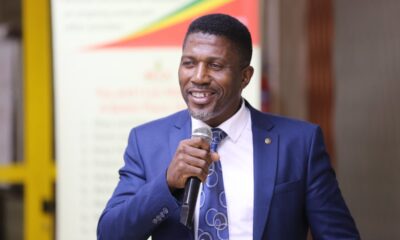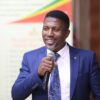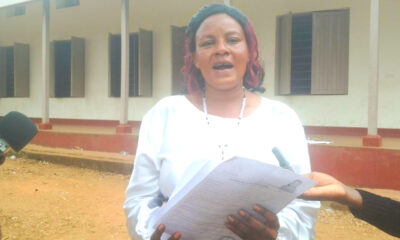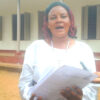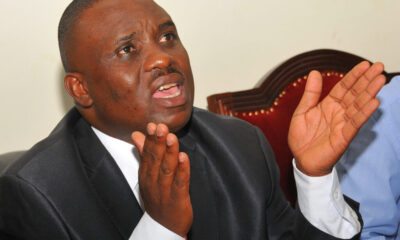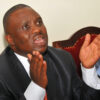Politics
Uganda’s 2026 Presidential Race: A Multiparty Surge and Independent Aspirants Signal a High-Stakes Election
As Uganda gears up for the 2026 general elections, the political landscape is already buzzing with unprecedented activity. The Electoral Commission revealed on Monday that 175 aspirants have picked nomination forms to contest for the presidency, a remarkable number just one week after the window for aspirants opened. Among these, eight have officially picked forms on behalf of political parties, highlighting both the strength of party-backed campaigns and a growing independent presence in Uganda’s electoral process.
The ruling National Resistance Movement (NRM) was among the first to collect forms for President Yoweri Museveni, with Secretary General Richard Todwong representing the party. Opposition parties have also mobilized early: the Democratic Party (DP) and the National Unity Platform (NUP) officially picked forms on Monday. NUP’s delegation, led by Secretary General David Lewis Rubongoya, Opposition Leader Joel Ssenyonyi, and National Treasurer Benjamin Katana, collected the forms for party flag bearer Robert Kyagulanyi Ssentamu, popularly known as Bobi Wine, who famously challenged Museveni in 2021.
Other parties expressing interest include the Conservative Party (CP), National Economic and Empowerment Dialogue (NEED), Uganda Economic Party (UEP), which is in the process of renaming itself the Common Man’s Party, and Uganda People’s Congress (UPC). Julius Mucunguzi, Electoral Commission spokesperson, confirmed that these developments reflect a vibrant multiparty engagement, yet he also highlighted the surge in independent aspirants as a notable shift.
Political analysts suggest that the high number of independents signals both opportunity and uncertainty. While Uganda’s 2005 transition from a movement system to a multiparty system allows political parties to field candidates freely, it also enables individuals outside party structures to contest, creating a dynamic that could fragment votes and test party loyalties. “The law allows people to come as independents. This is a direct result of the 2005 Political Parties and Organisations Act, which empowers candidates to represent political parties or stand alone,” Mucunguzi explained.
The current developments also expose an interesting tension in Ugandan politics: the seeming waning influence of parties compared to the growing popularity of charismatic individual candidates. With independents accounting for a large share of the aspirants, questions arise about the public’s confidence in party platforms versus personal appeal. This phenomenon could reshape campaign strategies, pushing parties to engage more directly with voters and cultivate stronger grassroots networks.
Preparations are now turning toward the official nomination period, scheduled for September 23 and 24, 2025. Observers anticipate a high-stakes election that will test the durability of Uganda’s multiparty democracy, the appeal of the ruling government, and the capacity of opposition forces to consolidate support.
As the nation watches, one clear trend emerges: Uganda’s 2026 presidential race is shaping up to be one of the most competitive and unpredictable contests in recent history, with party politics and independent aspirations set to redefine the country’s electoral landscape.
Comments



